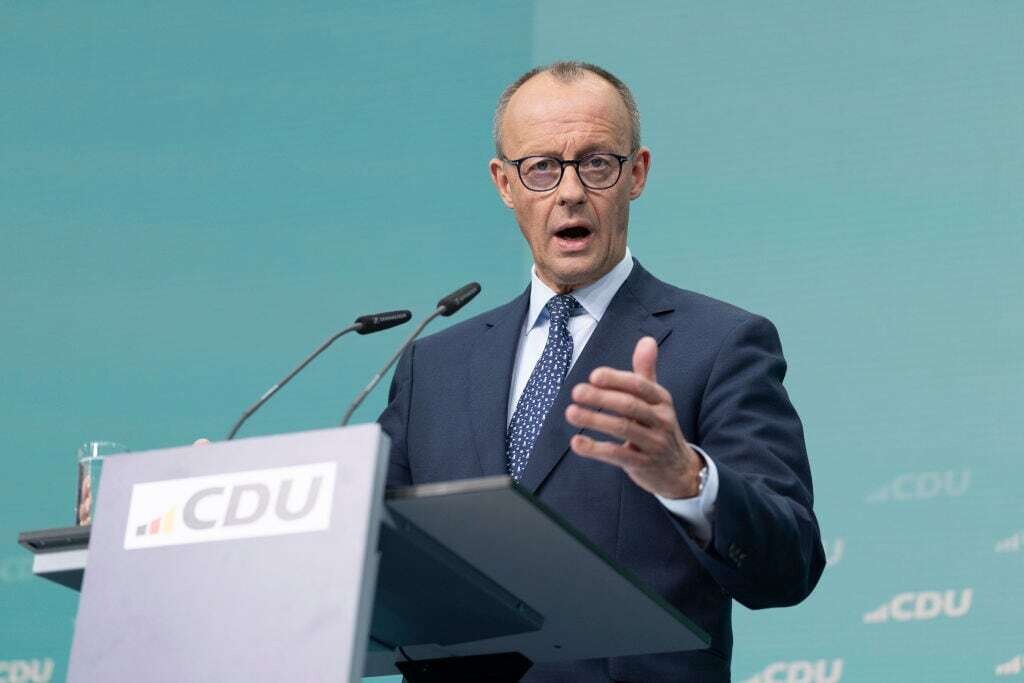
After the elections in Germany, Friedrich Merz, a conservative, became the winner, while a far-right party emerged as the second political force in the country. This rightward shift in Germany has been attributed to the search for economic answers amidst the slowdown and recession of the past two years, linked to rivalry with Russia and the subsequent trade and economic disconnection. This situation has fueled xenophobic sentiments, blaming migrants for issues such as unemployment, low wages, and insecurity.
In his campaign, Merz promised to implement broad policies to strengthen Germany's defense industry and prioritize economic growth over other concerns, such as climate change. He also proposed to relax EU environmental regulations and strengthen trade relations with Russia, China, and other EU countries. However, his extreme anti-Russia stance and focus on military security have generated debate and concern.
The analysis of this situation goes beyond the left-right dichotomy. The impact of the elections in Germany extends to areas such as the economy, foreign policy, and cooperation with other European countries. Merz, who has been linked to global financial interests, represents a significant shift in the political direction of the country, moving away from previous positions and generating uncertainty about Germany's future in terms of energy, trade, and international relations.
In this context, the implications of Merz's victory for Germany will be closely monitored, as they will mark a change in multiple areas, from nuclear energy to cooperation with China and strengthening the European Union. Despite Merz's promises during the campaign, the precise configuration of the new German government has yet to be defined, and future decisions will influence key sectors of the country, including the economy, environment, defense, and others. Merz's victory represents a significant change in German politics and poses challenges and opportunities in a complex global context.















